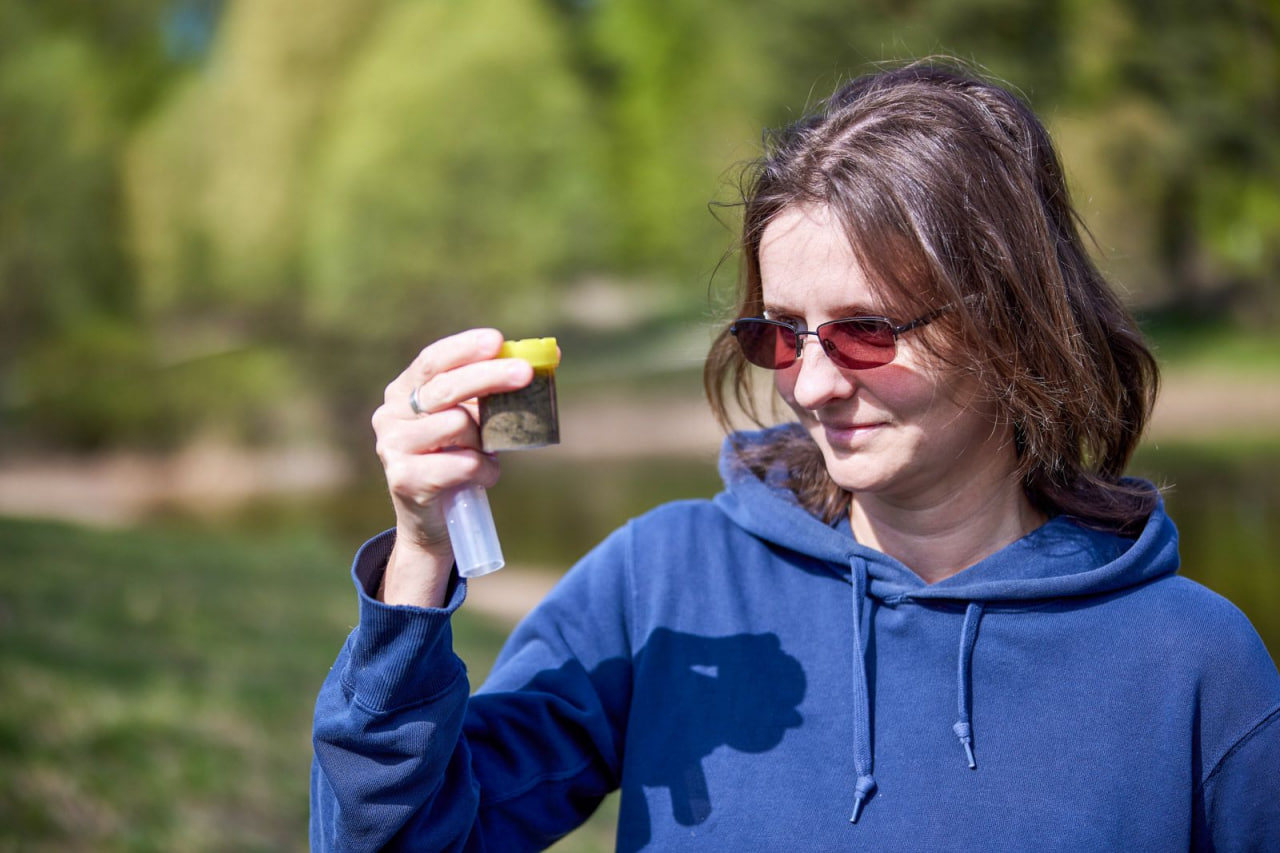
Scientific research has resumed in the part of the Losiny Ostrov National Park within the territory of Moscow. During environmental field work, specialists study the biological diversity of water bodies and the state of populations of rare species of animals and plants.
"Research work is very important for preserving the nature of the capital's park territory. The city closely monitors the biodiversity of this unique territory, where more than 300 species of animals of different groups live, and over a thousand plants grow. The natural complex is under close control. At the same time, scientific research data helps to shape the vector of development of the territory both in terms of species conservation and in terms of environmental education of citizens," said Yulia Urozhaeva, head of the capital's Department of Nature Management and Environmental Protection.

Comprehensive large-scale studies of the park's nature began last year. They are being conducted by a group of more than 80 scientists, including representatives of the A.N. Severtsov Institute of Ecology and Evolution of the Russian Academy of Sciences.
"In 2024, at the request of the Moscow Government, we carried out a comprehensive survey of the capital's territory of the national park, collected a large array of data on rare and alien species, on the diversity of terrestrial and aquatic ecosystems. A concept for preserving ecosystems was prepared, a program of measures was developed, this year we will implement this program and continue the research," said Andrey Reshetnikov, PhD in Biology, head of the hydrobiology section, senior researcher at the laboratory of behavior of lower vertebrates at the A.N. Severtsov Institute of Ecology and Evolution of the Russian Academy of Sciences.
This year, scientists began their research by studying the biodiversity of water bodies using the Babaevsky Pond as an example. They took samples of phyto- and zooplankton, as well as benthic organisms living in the soil of the reservoir. Work with the samples will continue in the institute's laboratory. Specialists will determine how many species, for example, planktonic crustaceans and rotifers, and in what quantities, currently live in the reservoir.

In the process of studying the pond ecosystem, scientists also want to clarify which representatives of lower vertebrates are currently present in it. This primarily concerns amphibians that come to spawn in the spring to lay eggs.
Last year, researchers already identified a number of species of plants and animals that are not typical for the metropolis on the Moscow territory of Losiny Ostrov. For example, several populations of an amphibian rare for Moscow, the common toad, were discovered in the reservoirs. During the first field study this year, scientists recorded the presence of toads in Babaevsky Pond for the first time.

Comprehensive ecosystem monitoring of the Moscow part of Losiny Ostrov is carried out to assess the well-being of biogeocenoses, their condition and dynamics. This is important in order to control the condition of populations of rare protected animal species, as well as to track possible penetrations of invasive species into ecosystems.

The Moscow part of the Losiny Ostrov National Park is a unique natural area. Its peculiarity is that it is located partially within the boundaries of the largest metropolis in Russia. It is also home to an urban population of moose, which includes more than 10 individuals. It is almost impossible to meet these large animals in large cities of the world.
Also, species listed in the Red Book of the city of Moscow live here, including the Aurasian hobby, the great crested newt, red wood ants, the emperor dragonfly and others. Educational work in this area is carried out by the Krasnaya Pine eco-center of the capital's Department of Nature Management and Environmental Protection. Ecological walks and excursions are organized for visitors.
Photo: M. Denisova. mos.ru
Материалы по теме:
Восточный округ: "На московской территории «Лосиного острова» возобновились научные исследования"
Север столицы: "На московской территории «Лосиного острова» возобновились научные исследования"
АиФ: "Нетронутая экосистема. На «Лосином острове» начались экологические работы"
Ярославский вестник: "На московской территории «Лосиного острова» возобновились научные исследования"
Москва24: "В городской части "Лосиного острова" начались полевые экологические исследования"
RyNews24: "В национальном парке «Лосиный Остров» Москвы начались научные экологические исследования"
Mos.ru: "В городской части «Лосиного Острова» начались полевые экологические исследования"
